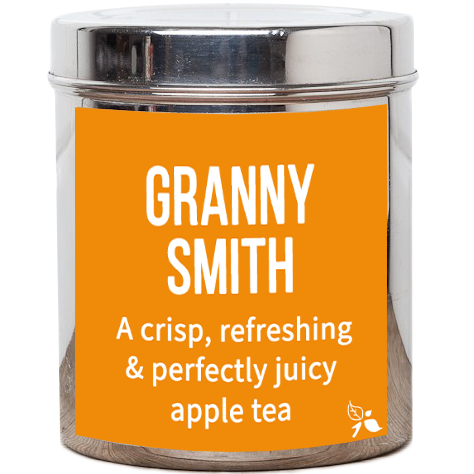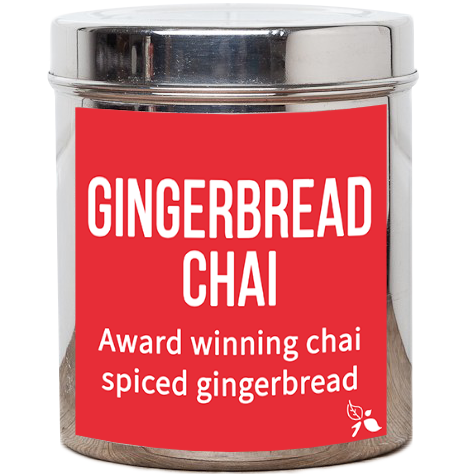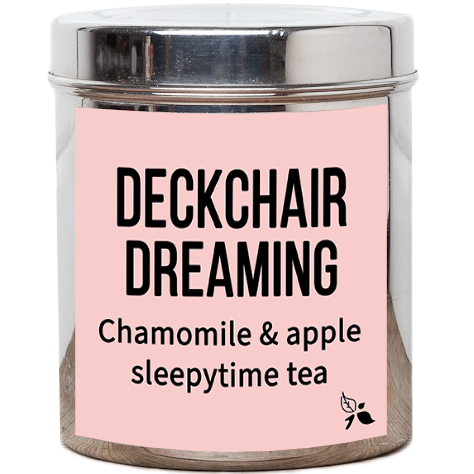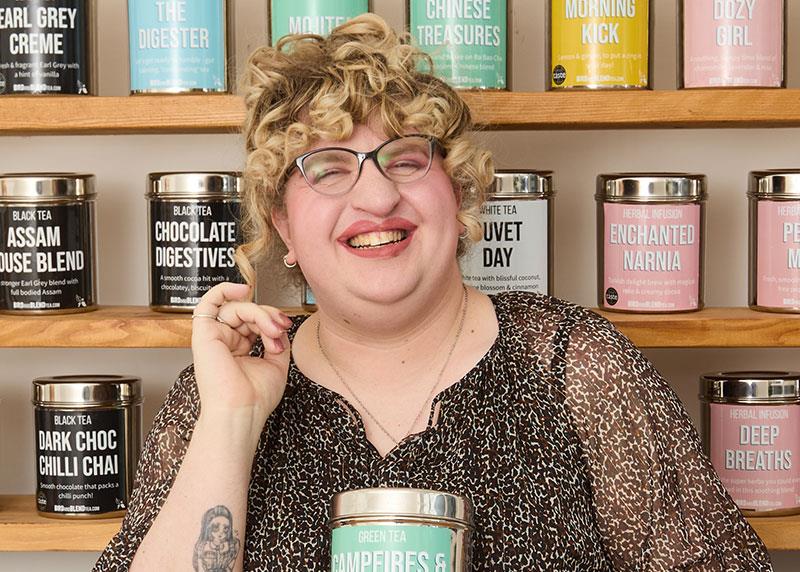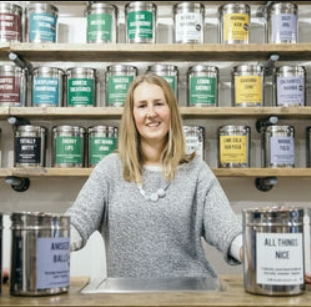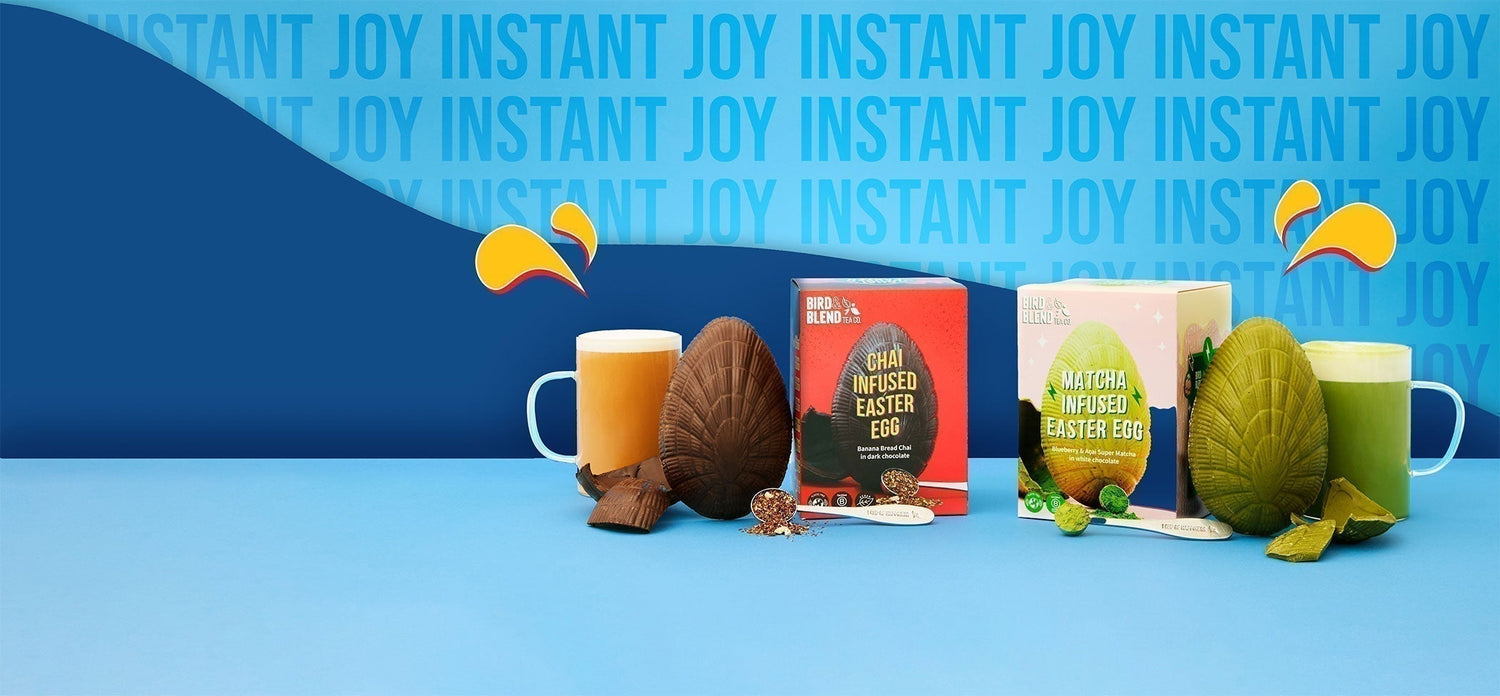To answer the question, if you are sensitive to caffeine, or need to cut down on caffeine (maybe you are pregnant, or have high blood pressure for example) then yes, decaff will be better for you.
What is decaf tea?
'Decaf' or ‘Decaffeinated tea’ generally refers to a tea (such as a black or green tea) that has been through a process to remove its naturally existing caffeine.
To remove caffeine there are two methods that are commonly used - “rinsing” the tea with solvent or carbon dioxide. These take out most of the caffeine, and are themselves left in the tea after the process. Importantly, not all the caffeine is taken out of decaf tea - there is always a tiny amount left. Carbon dioxide is a natural product and so decaf made this way is more natural.
In the UK decaf tea must have less than 2.5% of its original caffeine level, which is less than 2mg per cup.
So really, this means the only way to enjoy a truly caffeine-free tea is to choose one that is made with only naturally caffeine-free ingredients, such as a fruit tea, herbal tea or rooibos tea - and we have plenty of those!
Did you know...we have a Caffeine Free Tea Collection of over 50 (naturally) decaf teas to choose from!
What if I would like a caffeinated tea after all?
Tea has less caffeine than coffee - about half the amount per cup. Caffeine is a naturally occurring stimulant that energises and refreshes.
Like many things, when it comes to health, it is a case of weighing up what is most important to you and having everything in moderation, and giving our bodies the right nutrients isn’t as black and white: it all depends on the time of day, and what you want out of your cuppa!
Check out our completely caffeine-free teas here!



